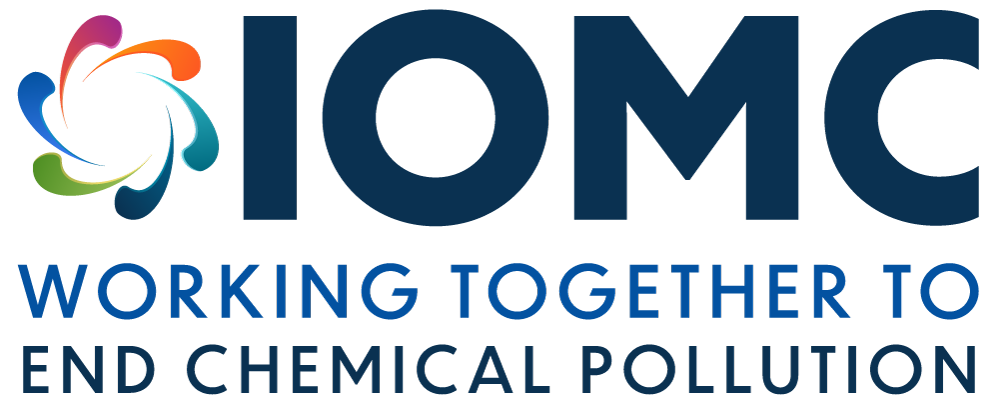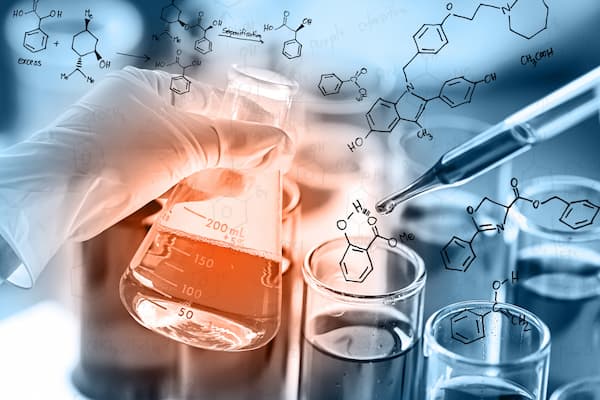While an important focus of the work is on safety aspects of the production, processing and use of industrial chemicals (test guidelines, good laboratory practice, manufactured nanomaterials), work is carried out on pesticides and biocides, chemical accidents, pollutant release and transfer registers, development co-operation and sound management of chemicals and biotechnology, overseen by the Chemicals and Biotechnology Committee (CBC) and undertaken by many subsidiary bodies.
The OECD Programme on Chemical Safety and Biosafety
The OECD work on chemical safety and biosafety deals with the safe use of chemicals, nanomaterials, pesticides, biocides, and products of modern biotechnology. It also addresses related areas of concern and interest, such as chemical accidents, Pollutant Release and Transfer Registers (PRTRs) and Best Available Techniques (BAT).
About the OECD Programme on Chemical Safety and Biosafety
Our mission
- protect human health and the environment through improving chemical safety and biosafety
- make chemical control policies more transparent and efficient and save resources for government and industry; and
- prevent unnecessary distortions in the trade of chemicals, chemical products and products of modern biotechnology.
Key achievements
Programme output
About the Environment Directorate
OECD work on environment helps countries design and implement effective policies to address environmental problems and sustainably manage natural resources. It examines the linkages between the environment and economic, sectoral or social concerns.
Partners
The Inter-Organisation Programme for the Sound Management of Chemicals (IOMC) was established in 1995 following recommendations made by the 1992 UN Conference on Environment and Development to strengthen co-operation and increase international co-ordination in the field of chemical safety. The Participating Organisations are FAO, ILO, UNDP, UNEP, UNIDO, UNITAR, WHO, World Bank, Basel, Rotterdam and Stockholm Conventions and OECD. The purpose of the IOMC is to promote co-ordination of the policies and activities pursued by the Participating Organisations, jointly or separately, to achieve the sound management of chemicals in relation to human health and the environment.


